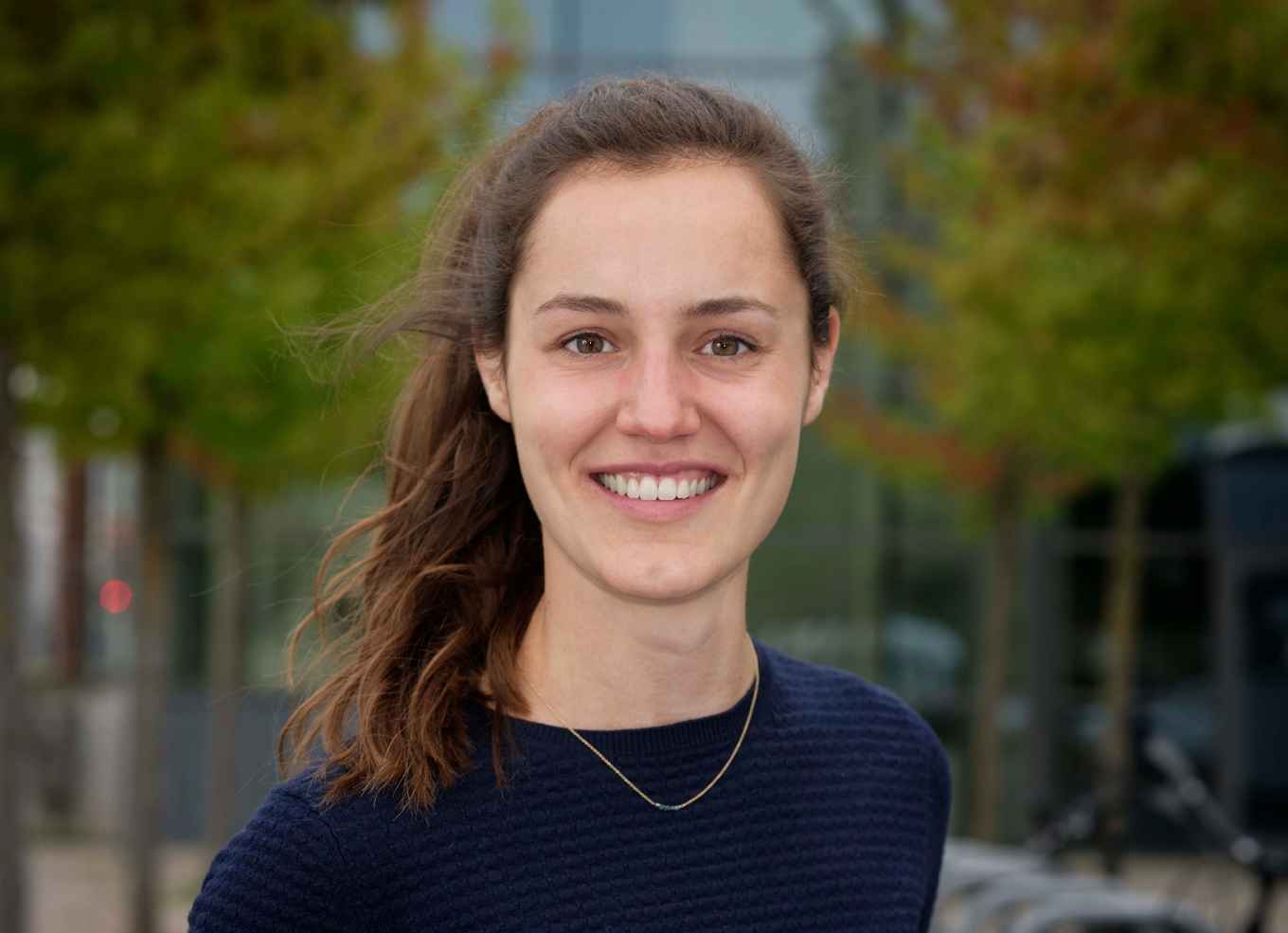IAS thesis prize winner 2020
as part of the IAS Excellence Students programme
16 December 2020

It really was a close call this year. The selection committee concluded that all theses were very well written, making it extremely hard to make a ranking. Besides scientific quality, the committee also judged originality and societal relevance. After serious deliberation Lea Lösch was selected as this year’s thesis prize winner. She receives a 500 euro cash prize for her thesis "Mind Over Matter: the Social Representations of Placebos and Their Effects". She wrote the thesis as part of the Research Master Social Science.
Thesis abstract
Despite the repeatedly proven potential of the placebo effect to improve a patient’s health condition, placebos generally carry a rather negative connotation as something fake and not legit. This thesis investigated those public perceptions of placebos. Placebo research, which goes beyond the medical context in general, and specifically investigates public perceptions of placebos, is scarce yet crucial. If the potential of the placebo effect is ever to be used more widely and consciously in everyday medical practice, the perceptions of the public are critical to its success. Public perception was mapped by means of the social representation theory. Qualitative text analysis methods were combined with structural topic modelling to examine the social representations of placebos in German news articles between 2007 and 2019. The study revealed that different, partly contradictory social representations of placebos coexist across a variety of contexts in which the term is used. Although an outdated definition of a “sham drug” prevailed in the articles, there was a fairly sophisticated understanding of the functional mechanisms underlying the placebo effect. If a broader definition was used, medical practice was more often considered a field of application for placebos. Negative connotations slightly predominated, which was partly due to the metaphoric use of the term in other socio-political contexts. Overall, by employing a methodological approach that is novel to placebo research as well as the study of social representations this paper provided insights into the public perceptions of placebos.
From Master's student to PhD candidate
Lea Lösch will continue her research in this field. She was recently selected to work as PhD candidate on the inclusion of knowledge and values from patients and professionals in vaccination guidelines, by using digital methods. It's a joint project of the Athena Institute at VU University and the National Institute for Public Health and the Environment (RIVM).